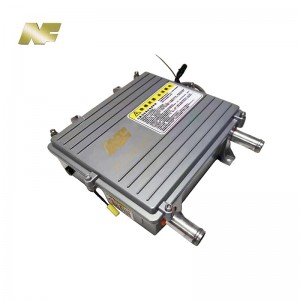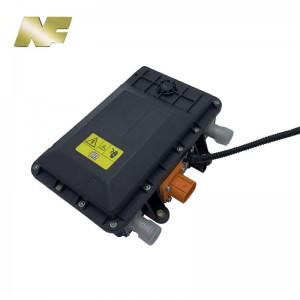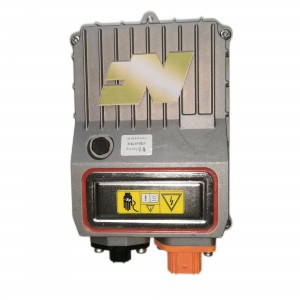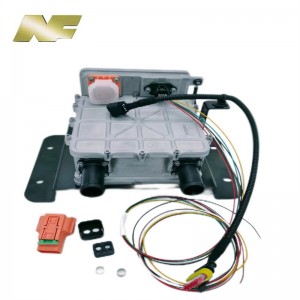As the automotive industry continues to evolve and the demand for energy-saving solutions continues to grow, manufacturers are constantly looking for innovative ways to improve vehicle heating systems. High-voltage (HV) PTC heaters and PTC coolant heaters have become game-changing technologies, providing efficient heating solutions that revolutionize the way vehicles stay warm in cold weather conditions. Let's take a closer look at the features and benefits of these cutting-edge PTC heaters that are reshaping the automotive heating landscape.
High-voltage PTC heater: an environmentally friendly heating solution
To reduce vehicle emissions and achieve energy efficiency, automakers are increasingly turning to high-pressure PTC heaters. These heaters feature Positive Temperature Coefficient (PTC) technology, which allows them to self-regulate their heating capabilities based on surrounding conditions. This advanced control mechanism reduces overall power consumption, thereby improving energy efficiency and extending the range of electric vehicles.
In addition, the HV PTC heater has a rapid heating function that quickly warms up the cab, defrosts it, and prevents window fogging in adverse weather conditions. This not only improves driver comfort but also ensures road safety.
High-voltage PTC heater applications:
1. Electric vehicles (EV): The high-voltage PTC heater is an important part of the electric vehicle heating system. These heaters ensure optimal heating performance without relying heavily on the vehicle's battery, thereby extending overall driving range.
2. Hybrid Electric Vehicles (HEV): HEVs equipped with high-voltage PTC heaters can reduce fuel consumption during cold starts. The electrical heating provided by these PTC heaters eliminates the need for engine idling for extended periods of time, helping to save fuel and reduce emissions.
PTC coolant heater: efficient heating of conventional vehicles
While HV PTC heaters primarily meet the needs of electric and hybrid vehicles, PTC coolant heaters have proven to be an effective solution for conventional internal combustion engine driven vehicles. These heaters integrate with the vehicle's existing coolant system, using waste heat from the engine to provide efficient cabin heating.
The PTC technology used in these heaters ensures precise temperature control, allowing users to quickly achieve and maintain the desired cabin temperature. By reducing idling time, the PTC coolant heater not only improves driver comfort but also contributes to significant fuel savings. Additionally, eliminating cold starts minimizes engine wear, extending engine life.
Advantages of PTC heater technology:
1. Improve energy efficiency: The high-voltage PTC heater and PTC coolant heater adjust their heating capabilities according to the surrounding environment. This self-regulating feature ensures optimal heating performance while minimizing power consumption, thereby increasing energy efficiency.
2. Rapid heating and defrosting: The PTC heater can provide a rapid warm-up time for the cabin, ensuring the comfort and safety of the driver and passengers even in extreme weather conditions. The defrost function of these heaters significantly improves visibility and eliminates window fogging.
3. Reduce vehicle emissions: Because PTC heaters help save fuel and allow electric vehicles to effectively heat the cabin without draining the battery, they play a vital role in reducing greenhouse gas emissions and improving overall air quality. important role.
in conclusion:
The emergence of PTC heaters, such as high-voltage PTC heaters and PTC coolant heaters, is revolutionizing automotive heating as automakers strive to develop sustainable, efficient solutions. These advanced technologies not only provide rapid heating and defrosting, but also help improve energy efficiency and reduce vehicle emissions. As the demand for environmentally friendly heating solutions continues to increase, PTC heaters are expected to become standard features in modern vehicles, leading the way to a greener future.




Post time: Nov-08-2023




